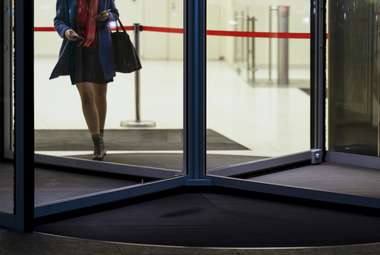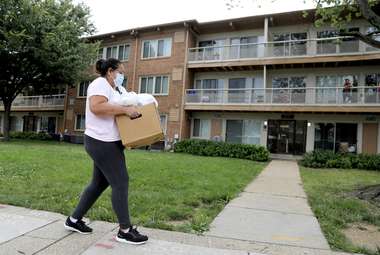
Ariane Lange
Reporter, Social Sciences and Business & Economics
@arianelangeAriane Lange, based in Oakland, California, covers Social Sciences and Business & Economics for The Academic Times. Prior to that, Ariane worked at BuzzFeed News covering gender issues. She is particularly interested in law and structural inequality. She has a bachelor's degree from the University of California, Berkeley.





